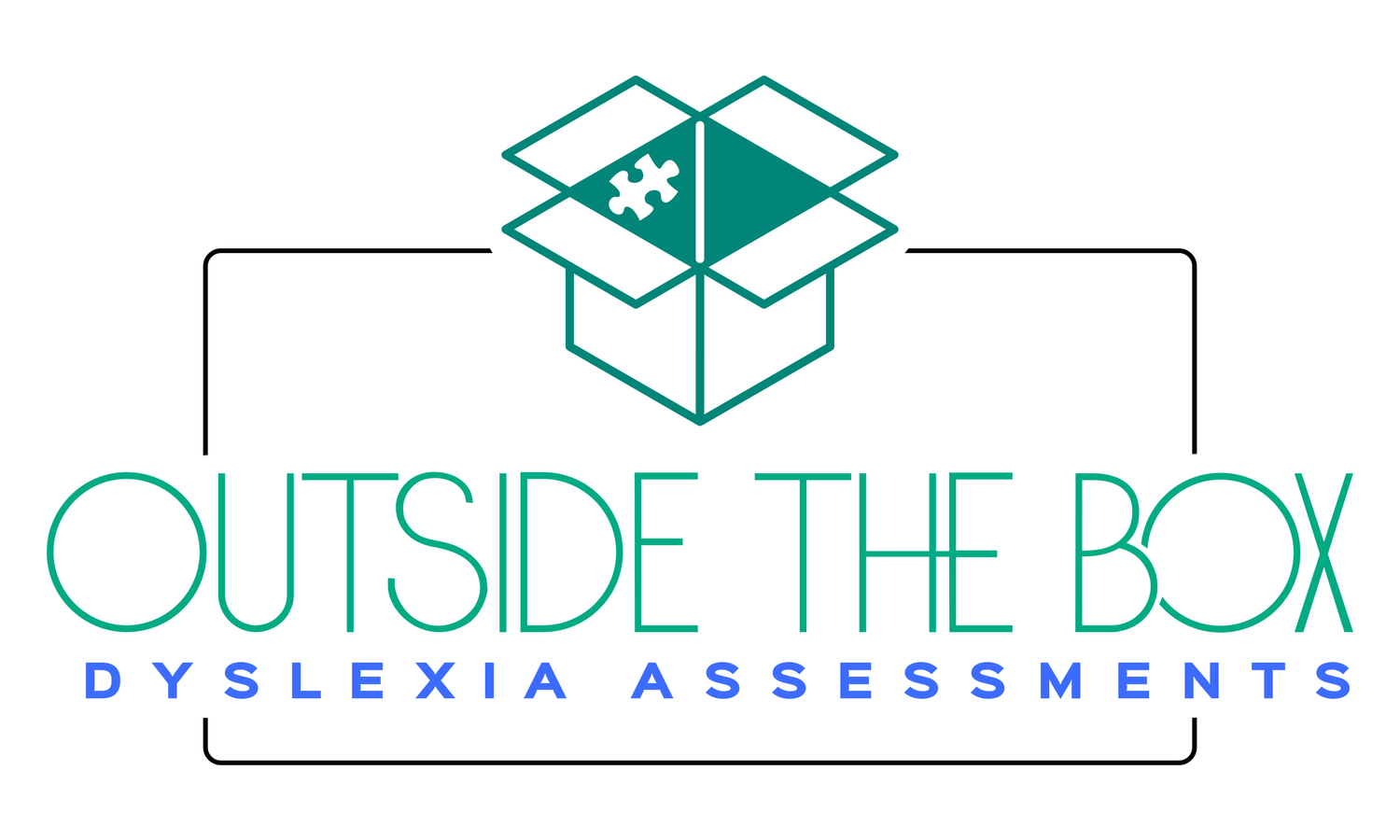Frequently Asked Questions
What is dyslexia? Delphi definition
Dyslexia is a set of processing difficulties that affect the acquisition of reading and spelling.
In dyslexia, some or all aspects of literacy attainment are weak in relation to age, standard teaching and instruction, and level of other attainments.
Across all languages, difficulties in reading fluency and spelling are key markers of dyslexia.
Dyslexic difficulties exist on a continuum and can be experienced to various degrees of severity.
The nature and developmental trajectory of dyslexia depends on multiple genetic and environmental influences.
Dyslexia can affect the acquisition of other skills, such as mathematics, reading comprehension or learning another language.
The most commonly observed cognitive impairment in dyslexia is a difficulty in phonological processing (i.e., in phonological awareness, phonological processing speed or phonological memory). However, phonological difficulties do not fully explain the variability that is observed.
Working memory, processing speed and orthographic skills can contribute to the impact of dyslexia.
Dyslexia frequently co-occurs with one or more other developmental difficulties, including developmental language disorder, dyscalculia, ADHD, and developmental coordination disorder.
What is a diagnostic assessment of dyslexia?
A full diagnostic assessment explores whether an individual has dyslexia, and provides a clear understanding of their unique strengths and areas of difficulty. If dyslexia is identified, the assessment will result in a formal diagnosis, along with a detailed cognitive profile.
Following the assessment, you will receive a comprehensive written report. This includes evidence of a dyslexic profile (where applicable), practical recommendations for support in education and everyday life, and signposting to other services or further assessments if needed.
Please note that we currently assess specifically for dyslexia and do not offer diagnostic assessments for other specific learning difficulties such as dyscalculia.
Why have a diagnostic assessment of dyslexia?
There are many reasons why a diagnostic assessment may be helpful—whether for a child, young person, or adult. Some of the most common include:
Understanding the difficulties – For parents, a formal assessment can provide valuable insight into a child’s learning profile, helping you better support them at home and advocate for more targeted support in school.
Access arrangements – Assessment results may be used to support an application for exam access arrangements. (Please note: this must be discussed with the school or college first, as part of the process must be completed by the centre.)
Higher education support – Students in further or higher education require a full diagnostic assessment in order to apply for Disabled Students' Allowance (DSA).
Workplace adjustments – In employment settings, an assessment can help employers understand how to provide reasonable adjustments.
Legal recognition – Once diagnosed, dyslexia is considered a recognised disability under the Equality Act 2010, meaning individuals are entitled to reasonable support in education and the workplace.
It’s important to note that schools and employers don’t need to wait for a formal diagnosis before offering support—adjustments and strategies can, and should, be put in place as soon as needs are identified.
